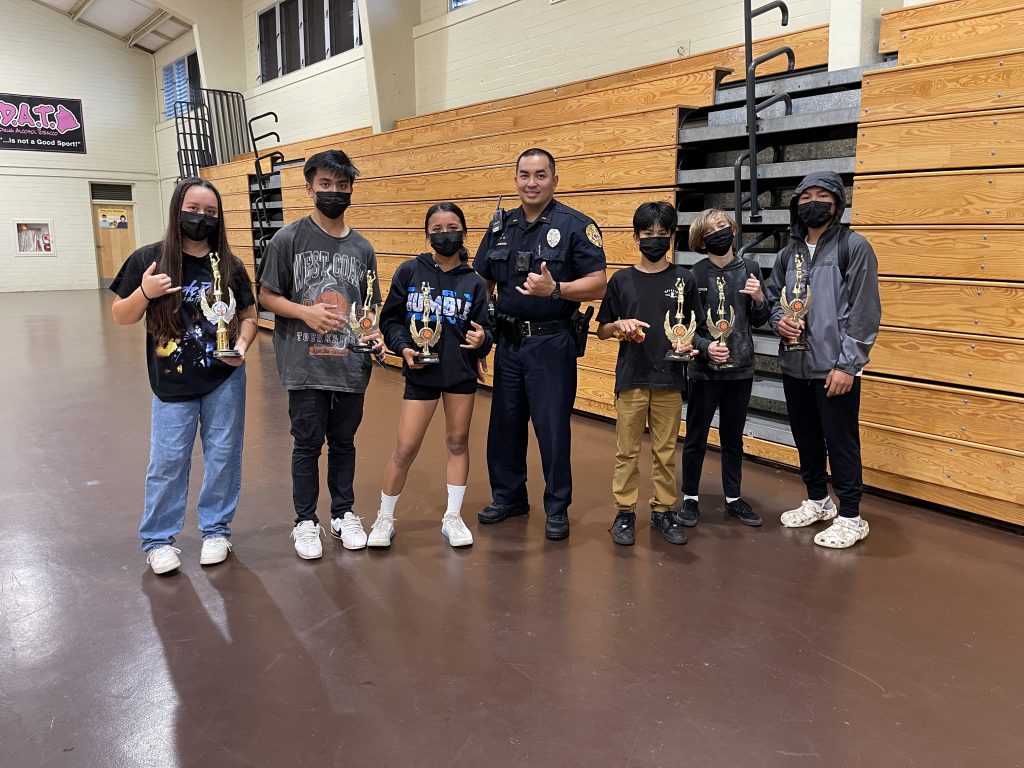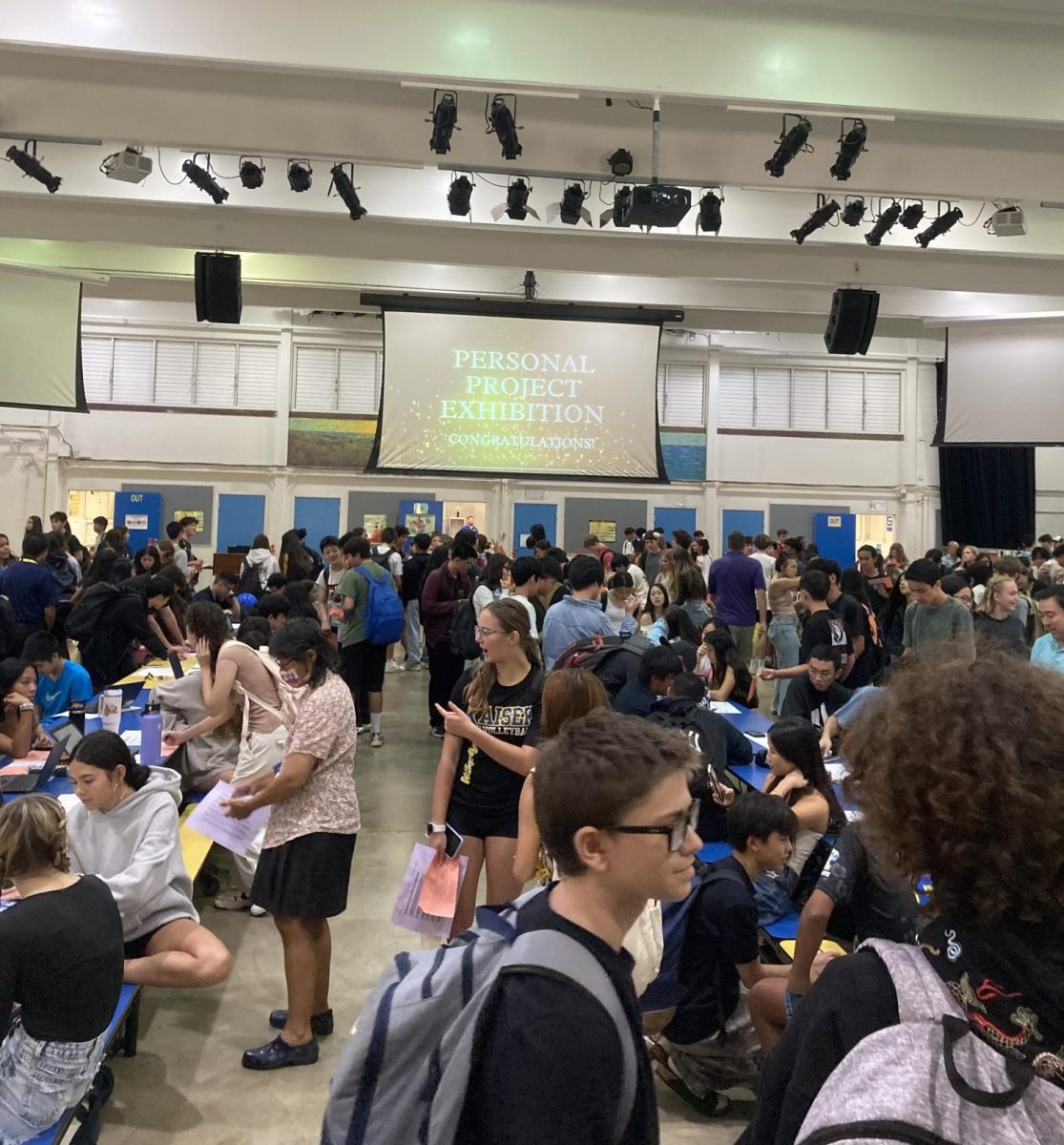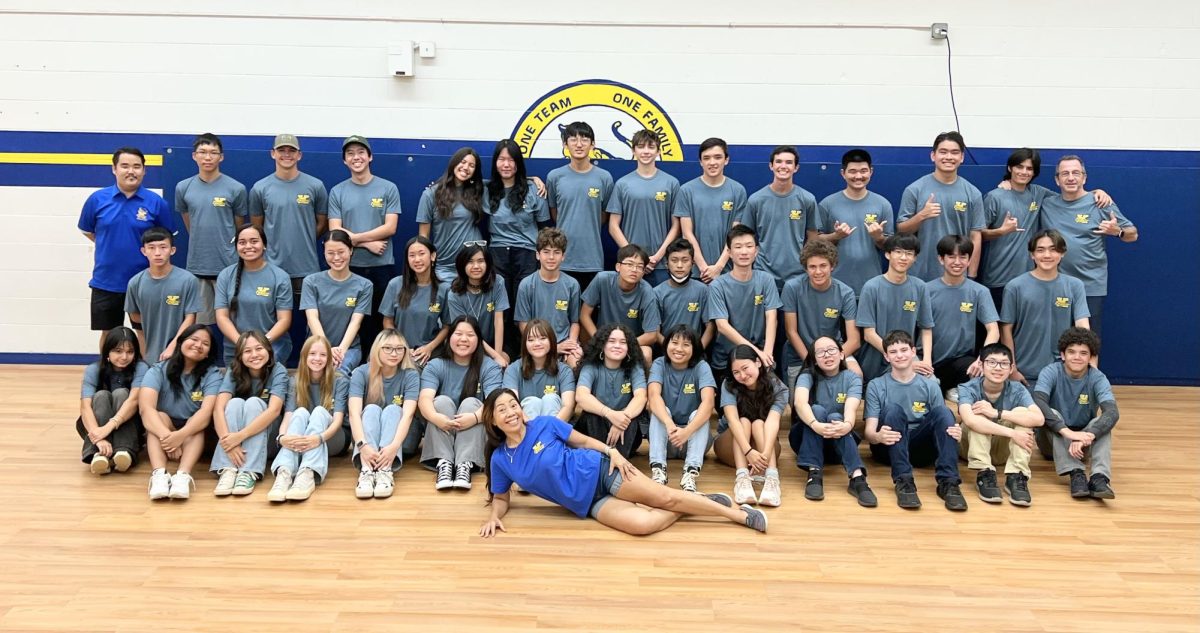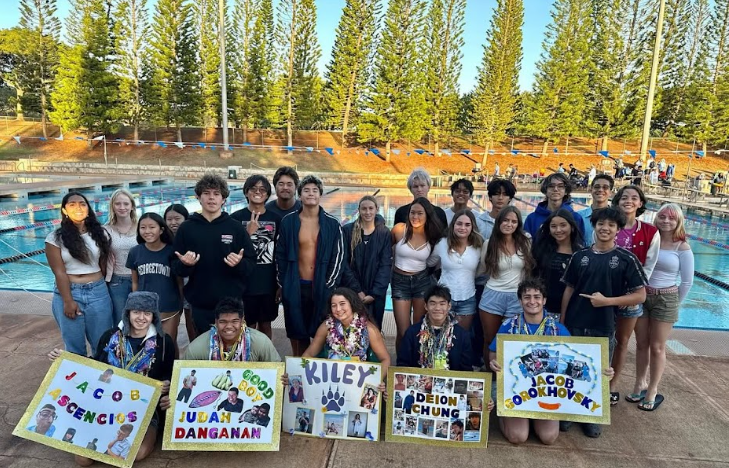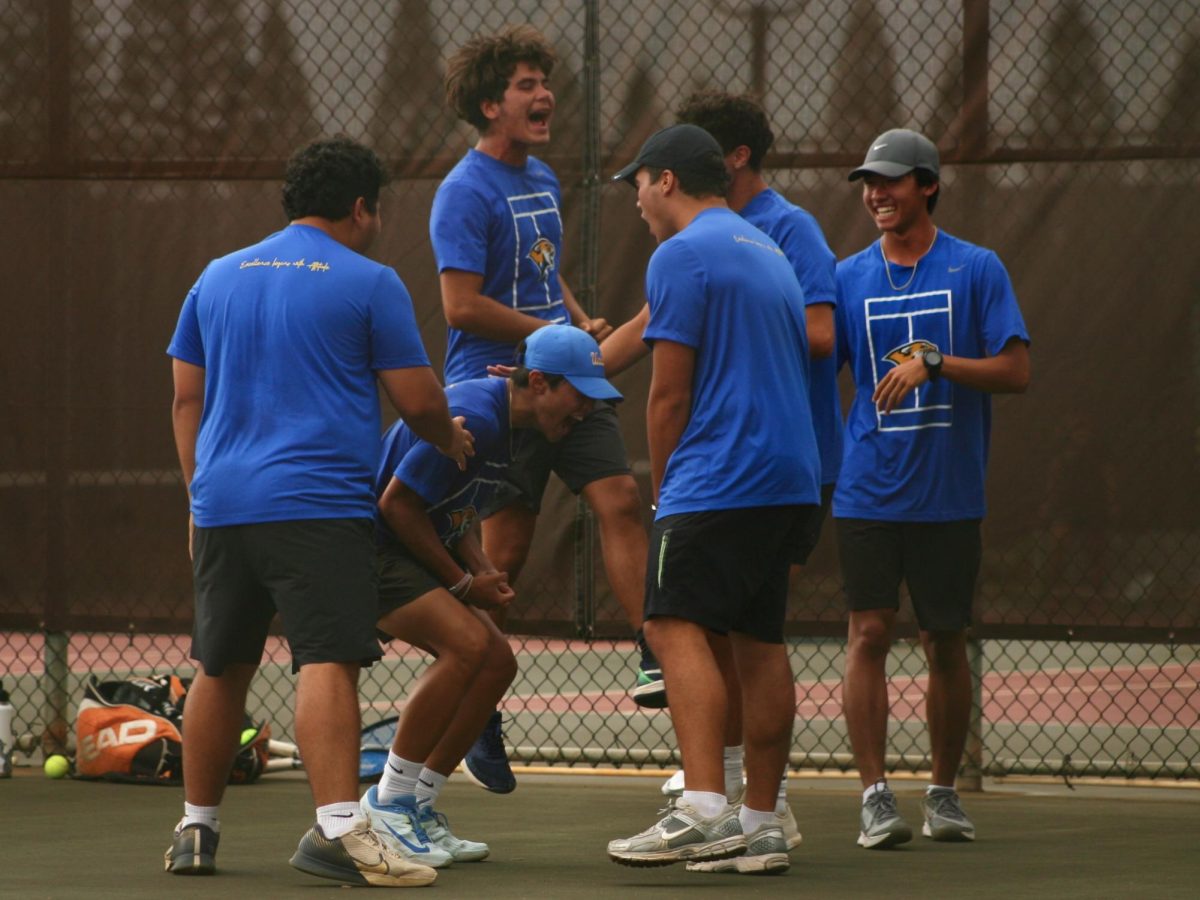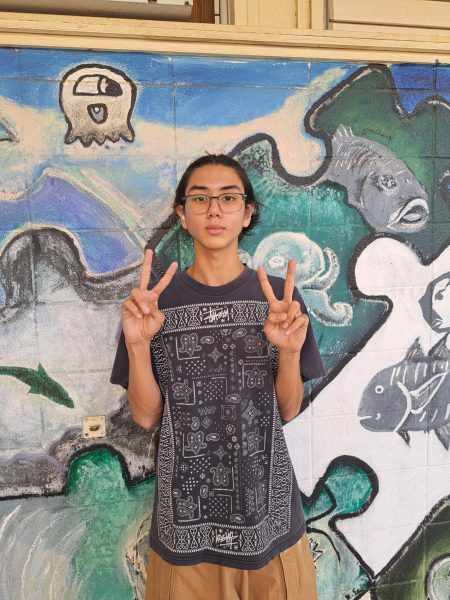
Awareness about the impact of mental health issues is becoming increasingly relevant in today’s world. Many people believe that mental health deserves more attention than it currently gets. One of these people is Taha Zairi, President of Kaiser’s newest club, ‘Mental Wellbeing Awareness’. He and his fellow officers have been working to start this new club as the third quarter begins.
“I think that starting a club mid school year is a bit on the harder side because of being less in-the-know about how to operate things.” He explained. “To start a new club you have to get approved by the principal, I believe, and also make sure that you have a monitoring teacher that is going to be at every single meeting, monitoring and supervising everything that will be happening at the meetings.” Fortunately, Zairi said that it has not been too much of struggle so far, as, “Finding officers and finding a teacher was not the hardest thing.”
Zairi’s passion for mental health comes from a personal experience of watching others struggle with their mental wellbeing. “Mental wellbeing is really important to me because I lost one of my best friends due to suicide a few years back.“ he confided, “Seeing a lot of people struggle to express themselves, especially with my friend, and not being able to reach out for help really inspired me to start thinking about how people can get help to prevent them from getting to a bad point.”
Kaealani Caruso, MWA’s vice president, has a similar story. “I believe that mental wellbeing is just as important as physical health, yet it often doesn’t receive the attention it deserves,” she said. “I have seen friends and classmates experience challenges like anxiety, stress, and burnout. Seeing how much of an impact mental wellbeing has on daily life has made me passionate about advocating for better mental health resources and awareness.”
“I’ve had issues with mental health in the past, just as many people have, which makes this issue and club very important to me. Everyone deserves to feel supported and I think this club is an amazing opportunity for me and my fellow members to help others in a way we might not have gotten.” said Shay Gallagher, another officer of the club, “I want to be involved in this club because mental wellbeing is an essential part of overall health, and I believe everyone deserves a supportive environment where they feel heard and understood.”
Caruso and Gallagher both affirm that they believe their club will be successful at our school. Caruso believes that their discussions will provide a “safe and welcoming space” and believes that they will have a “meaningful impact.” However, while remaining optimistic, Zairi also notes the harm of stigmatization. When asked about whether he feels his club will be successful at our school, he responded, “I think it really varies on how comfortable people are with talking about their emotions and being able to open up to, maybe people who are quote unquote ‘strangers’. Just being able to express themselves truthfully and naturally is really important.”
Zairi believes that social media stigmatizes mental illness, which he thinks makes it harder for people to speak out. “Due to social media, a lot of people think that you cannot go out and reach out for help or talk to people because you’ll be ridiculed for it or judged, but in reality there are people who do care.”
Caruso agrees, but believes that it is possible to dissolve this stigma in the accepting environment that she believes MWA will provide. “Yes, despite growing awareness, there is still a stigma surrounding mental health. Many people feel uncomfortable seeking help or discussing their struggles due to fear of judgment. Our club aims to break down these barriers by normalizing conversations around mental health and promoting a culture of understanding and support.”
“This club will help people by providing a safe space for discussion, sharing resources for mental health support, and organizing events that promote self-care and wellbeing,” says Gallagher. “We will create a positive space that encourages open conversations and helps reduce stigma.”
